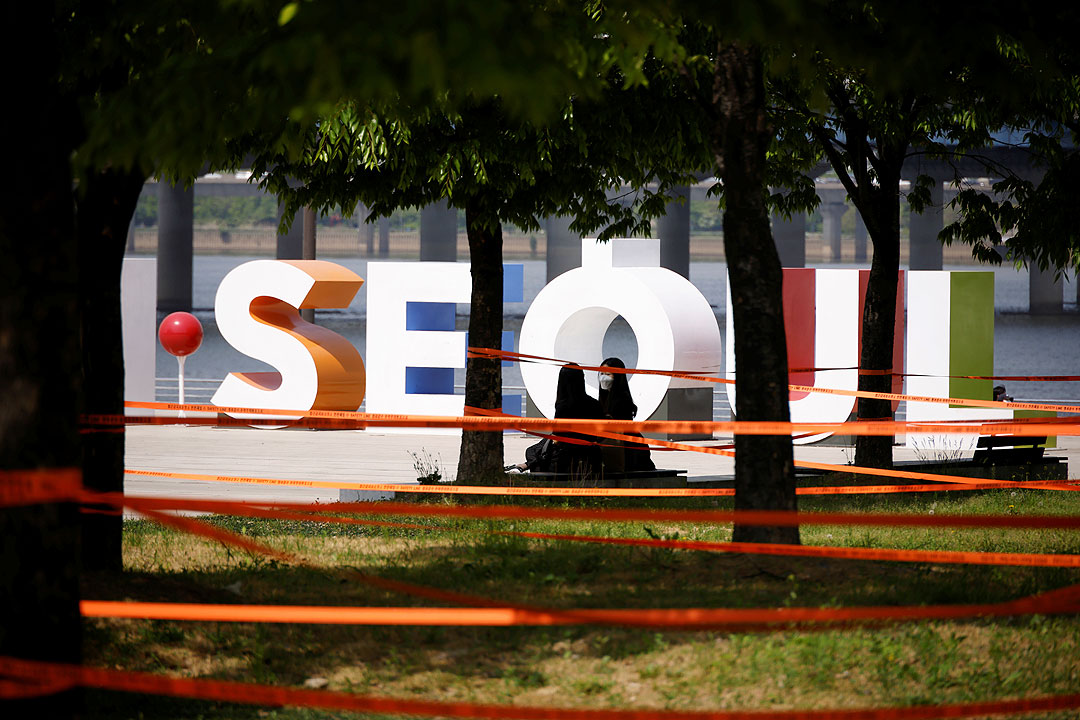PHL, S. Korea strike free trade deal

THE PHILIPPINES on Tuesday concluded its negotiations for the free trade agreement (FTA) with South Korea, which is expected to boost trade and investment between the two countries as they recover from the pandemic.
Trade Secretary Ramon M. Lopez and his South Korean counterpart Yeo Han-koo said in a joint statement that both countries are committed to completing all domestic procedures that would pave the way for the signing of the Philippines-South Korea FTA in early 2022.
Once signed, this will be the Philippines’ second bilateral FTA after Japan.
“The international trade environment is currently undergoing rapid changes amid the unprecedented challenges posed by the COVID-19 (coronavirus disease 2019) pandemic… The Philippines-Korea FTA can contribute to the swift recovery for the robust and resilient growth of the economies of the two countries,” Messrs. Lopez and Yeo said.
South Korean news agency Yonhap quoted the Ministry of Trade, Industry and Energy as saying the Philippines will remove tariffs on 96.5% of all products traded, while South Korea will lift tariffs on 94.8%.
The Department of Trade and Industry (DTI) said, on the other hand, the Philippines “was able to secure tariff elimination for bananas,” which was excluded under the FTA between South Korea and the Association of Southeast Asian Nations (ASEAN). Bananas are one of the Philippines’ top exports to South Korea.
The DTI said the Philippines also secured an “improved tariff treatment for processed pineapples, as compared to the Regional Comprehensive Economic Partnership (RCEP) concessions.”
Mr. Lopez told reporters via a Viber message that banana exports to South Korea will have zero duty in five years, while the processed pineapples will be duty-free in seven years.
“This is a good deal for our farmers. Better market access in South Korea for Philippine bananas and processed pineapples,” he said.
The Philippines also agreed to remove barriers for the entry of more South Korean-made cars and automotive parts, Yonhap reported.
Mr. Lopez said tariffs on some imports of South Korean automotive parts will be eliminated in five years.
“With the RCEP agreement complemented by this bilateral FTA with Korea, the trade value of Philippine exports to Korea will now be substantially covered. Hence, it will make the Philippine exports competitive in the said market,” Mr. Lopez said.
Mr. Lopez also mentioned that South Korea accepted the proposals such as the inclusion of industrial development and cooperation agreements to address the pandemic and other public health emergencies.
Both countries will further negotiate agreements for trade in services and investments not later than one year after the FTA is implemented, the DTI chief said.
The Philippines and South Korea started FTA negotiations in June 2019.
South Korea is one of the Philippines’ largest trading partners. Philippine exports to South Korea totaled $2.53 billion last year, 22% down from $3.24 billion in 2019, preliminary data from the Philippine Statistics Authority showed. South Korea accounted for 4% of export receipts last year. — R.M.D.Ochave



